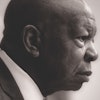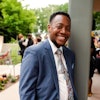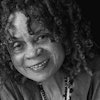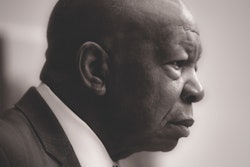The 35th annual NCORE—the National Conference on Race and Ethnicity in Higher Education—held this year in New Orleans, began under somewhat inauspicious circumstances. Campus diversity, equity, and inclusion initiatives are under attack across America, and the previous weekend, Texas state lawmakers passed a ban on DEI offices and programs at public universities. But in what felt like a mark of defiance, one of NCORE’s earliest panels focused instead on what’s going right.
The panelists at “What to Say Yes To: What’s Working for Racial Equity in Higher Education and Beyond” had a sense of their subversive status.
“We’re doing the thing that makes us Public Enemy #1,” said Tim Wise, author of White Like Me: Reflections on Race from a Privileged Son. “We’re smuggling CRT all across the country like it’s fentanyl.”
A main theme that emerged was that radical humility is essential for social justice work, as is a willingness to revise one’s approach. Wise argued that although much of the reflection that happened after the murder of George Floyd was personal (“how do I benefit from white supremacy?”), it is important to keep a systemic approach in mind.
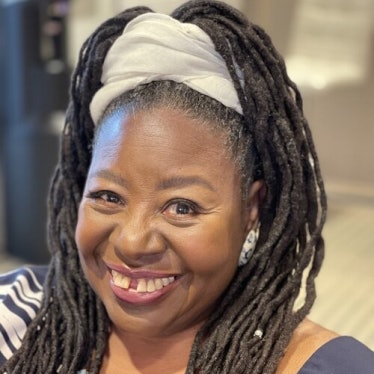 Loretta Ross, an activist and associate professor of the study of women & gender at Smith College
Loretta Ross, an activist and associate professor of the study of women & gender at Smith College
“You don’t want to be including people in a fucked-up system,” she said.
She also made the case that it’s important for white people to feel pride in their identities as well.
“We have to teach people to own who they are, not to be ashamed,” she said. “Why is the phrase ‘white pride’ only used by white nationalists? Why can’t we repopulate it with different meanings?
The panelists also inevitably dwelled on some of the difficulties of their work—in Ross’s case, an effort to make a class on race mandatory for Smith students. She described the process as “a slog,” which she attributed to white liberal resistance to racial justice---people who “vote the right way,” but feel displaced and de-centered.
Dr. Amer F. Ahmed, vice provost for diversity, equity, and inclusion at the University of Vermont, also brought up the difficulties that he has encountered with certain white people who identify with the cause of social justice—such as strident Palestinian advocates who aggressively question Jews about their support for Israel.
“When white folks get overzealous, they don’t have to bear the brunt of the consequences of the backlash,” he said. “Our bodies are the ones that have to cash those checks.”
Tuesday’s keynote speech also dealt with themes of division in America, although this time they were within one person. David Treuer, professor of English at the University of Southern California and Pushcart Prize-winning author of The Heartbeat of Wounded Knee, spoke about the radically different perspectives on America he received from his parents, and how they impacted him throughout his life.
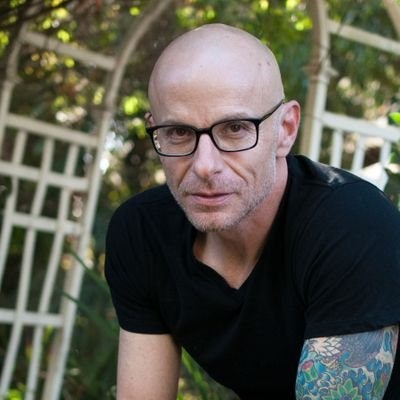 David Treuer, professor of English at the University of Southern California and author of The Heartbeat of Wounded Knee,
David Treuer, professor of English at the University of Southern California and author of The Heartbeat of Wounded Knee,
As Treuer came of age in the 1990s, he felt increasingly aligned with his mother’s view, especially as the country was swept by a wave of superficial multiculturalism that emphasized what Treuer calls the “three Fs”: food, folklore, and fashion. But as he aged and his parents passed away, Treuer came to see more of his father’s view—that, at the very least, America was a country worth saving from itself.
Ultimately, Treuer has decided that he needs to hold within himself two opposing ideas: that this country is a terrible country and is not a terrible country.
“There’s no reconciling this,” he said. “I must find a way to contain both.”
Treuer related the divided views of America that he received from his parents to divisions that are playing out in the country today. Those divisions seem likely to keep hanging over NCORE as it continues to explore issues of diversity in higher education through this Saturday.
Jon Edelman can be reached at [email protected]

